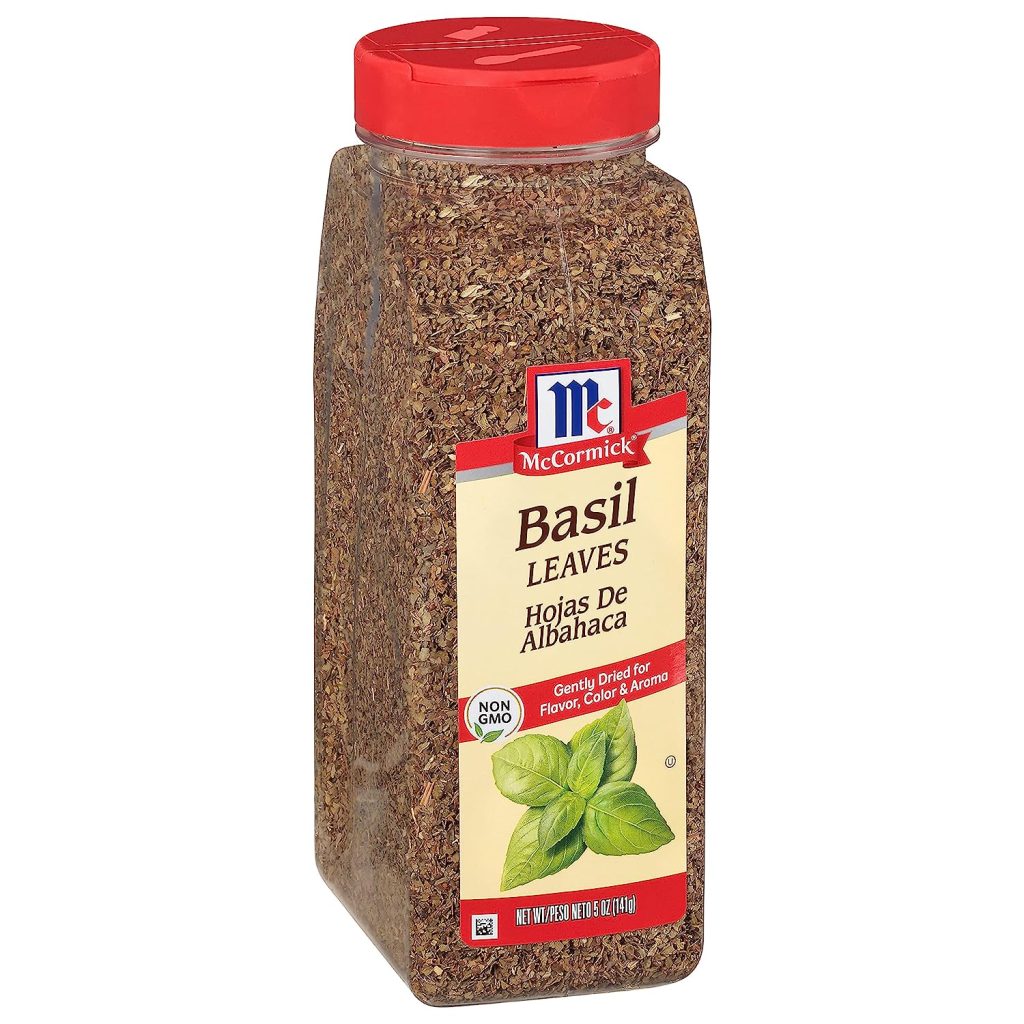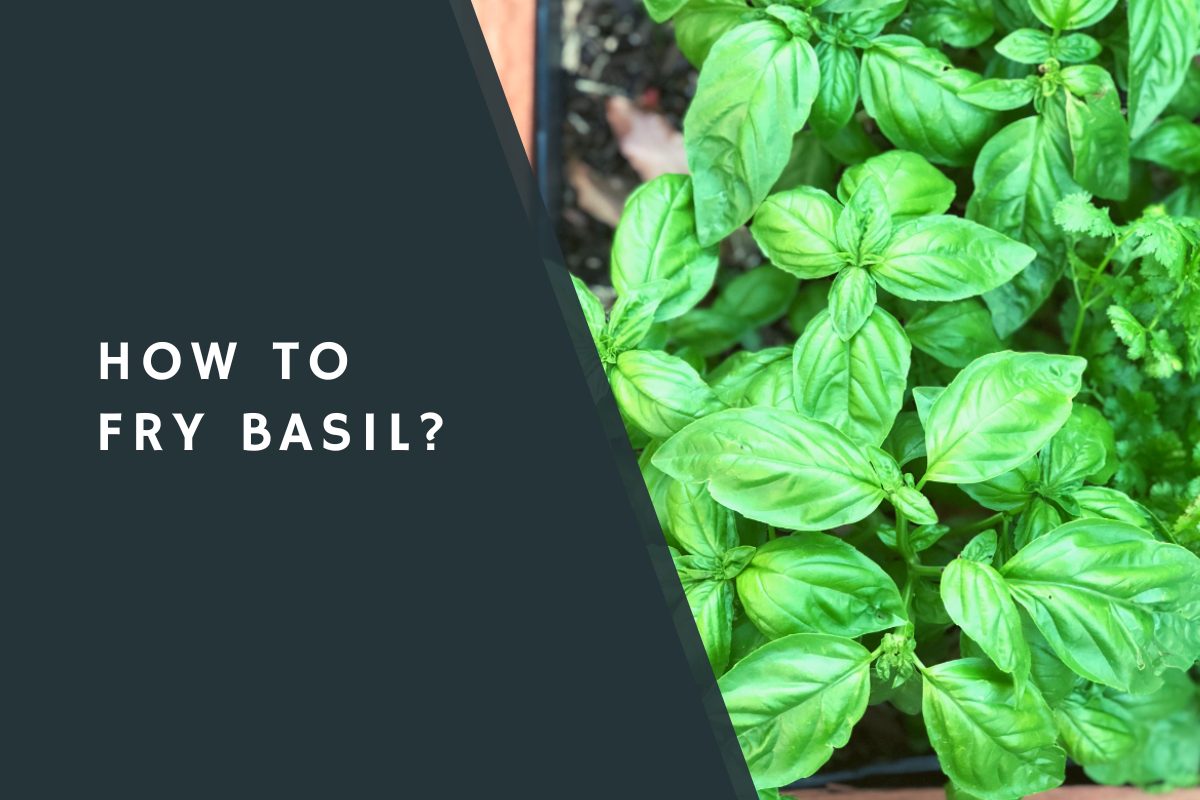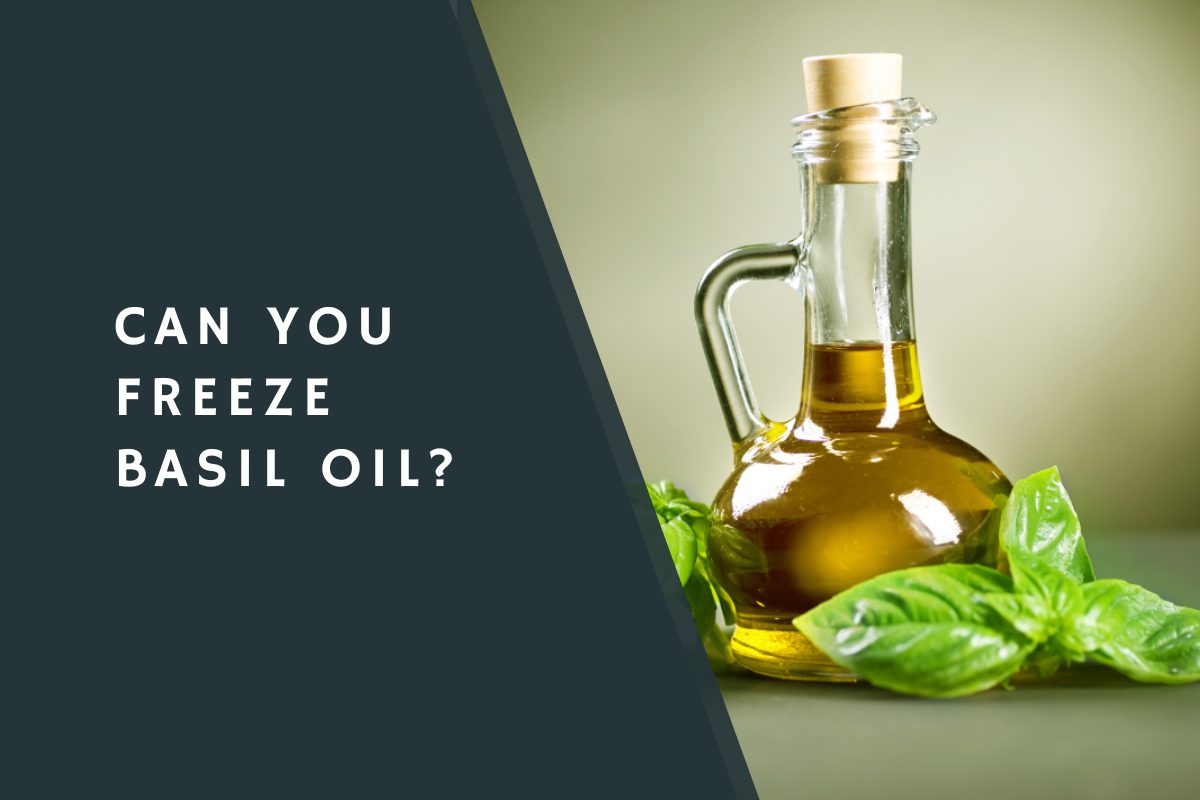When it comes to herbs, basil and parsley are two of the most popular – but which is best? From flavor to nutritional value, there are many differences between the two herbs that make them special in their own way.
Whether you’re looking to add a burst of flavor to a dish or a nutritional punch to your diet, basil and parsley each have something to offer.
Basil vs Parsley
Basil and parsley are both popular herbs used in many different cuisines around the world. Basil has a sweeter and more pungent flavor than parsley.
In this article, we’ll take a closer look at basil vs parsley, exploring their unique flavors, uses in cooking, and potential health benefits.

See Also: Basil vs Oregano: A Comprehensive Guide
Flavor Profile

One of the biggest differences between basil and parsley is their flavor profiles. Basil has a sweet, slightly licorice-like taste that is often described as being both pungent and refreshing.
It’s an essential ingredient in many Italian dishes, and it’s also commonly used in Thai and Vietnamese cuisine.
On the other hand, parsley has a more subtle flavor that is often described as being slightly grassy or earthy.
It’s usually used as a garnish or as a finishing touch on dishes, rather than being used as a primary flavor component.
That being said, parsley is incredibly versatile and can be used in a wide range of dishes, from soups and stews to salads and sides.
Culinary Uses

When it comes to cooking with basil and parsley, there are a few key differences to keep in mind.
Basil is often used in dishes that require longer cooking times, such as pasta sauces and soups. It can also be used to make pesto or as a topping for pizzas and sandwiches.
Parsley, on the other hand, is usually used as a garnish or as a finishing touch on dishes. It can be used to add a pop of color and flavor to salads, roasted vegetables, and dips.
It’s also a common ingredient in tabbouleh, a popular Middle Eastern salad made with parsley, tomatoes, and bulgur wheat.
Health Benefits
In addition to their unique flavors, basil and parsley also offer a number of potential health benefits.
Basil is a good source of antioxidants and is believed to have anti-inflammatory properties.
It’s also thought to have potential benefits for heart health and may help reduce the risk of certain types of cancer.
Parsley is also high in antioxidants and is a good source of vitamins and minerals, including vitamin C, vitamin K, and iron.
It’s also believed to have diuretic properties, which may help with bloating and water retention.
How to Store and Preserve?
When it comes to storing and preserving basil and parsley, there are a few key differences to keep in mind. Basil is a delicate herb that tends to wilt quickly once it’s been picked.
To keep it fresh for as long as possible, it’s best to store it in the refrigerator with the stems in a glass of water, much like a bouquet of flowers.
You can also try freezing basil by placing it in an ice cube tray with a little bit of water and then transferring the frozen cubes to a freezer bag.
Parsley is a bit hardier than basil and can be stored in the refrigerator for several days. To keep it fresh, wrap the stems in a damp paper towel and place them in a plastic bag.
You can also freeze parsley by finely chopping it and then placing it in an ice cube tray with a little bit of water.
Substitutions
Despite their differences, there may be times when you need to use one herb as a substitute for the other.
If you’re out of basil and need a substitute in a recipe, you can try using oregano, thyme, or marjoram as a substitute.
These herbs have a similar flavor profile to basil and can be used in many of the same dishes.
If you’re out of parsley and need a substitute, you can try using cilantro or chives as a substitute.
Cilantro has a slightly citrusy flavor that can work well in many dishes, while chives have a mild onion-like flavor that can add some extra depth to a dish.
Of course, it’s important to keep in mind that using a substitute herb will change the flavor of the dish somewhat, so it’s always best to use the herb called for in the recipe if possible.
Conclusion
In conclusion, basil and parsley are two popular herbs that offer a range of flavors and potential health benefits.
While they have some similarities, they also have a number of differences, including their flavor profiles, culinary uses, and storage and preservation methods.
Whether you’re looking to add some extra flavor to your cooking or simply want to incorporate more fresh herbs into your diet, both basil and parsley are excellent options to consider.
I am an accomplished tech writer with a passion for simplifying complex technology concepts. With a background in Tech, James has dedicated their career to making the intricacies of the digital world accessible to a broad audience.








